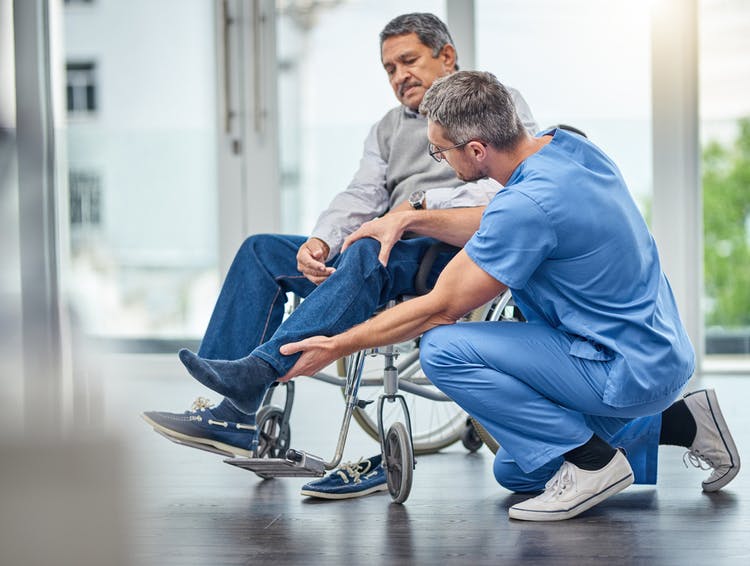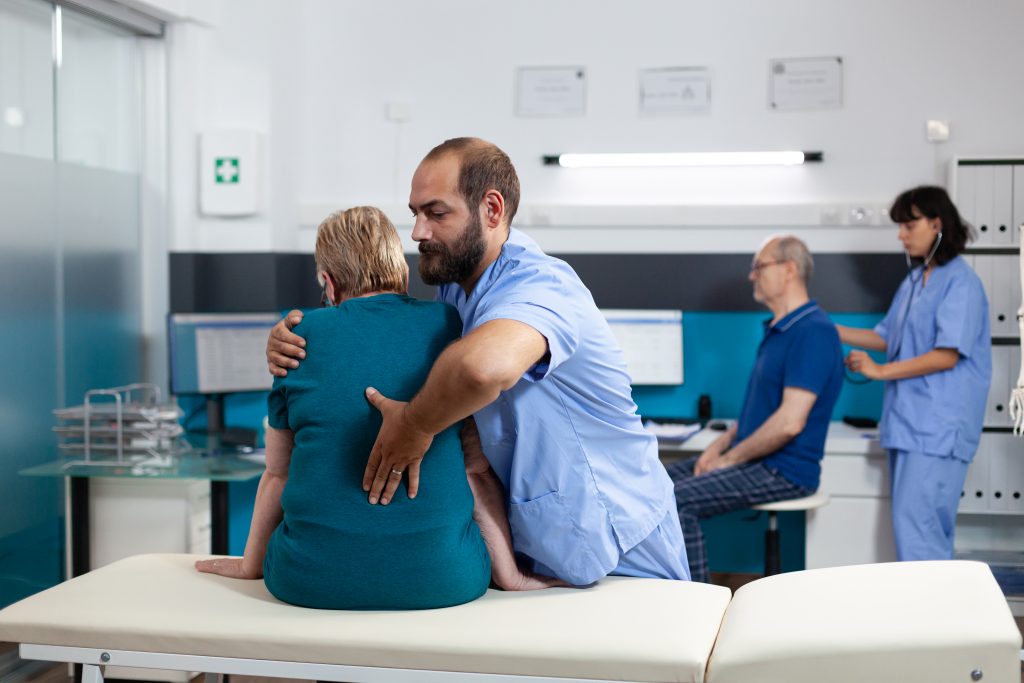Spinal cord injury, or SCI, is defined as damage/injury to the spinal cord – a bundle of nerves that transmit messages between the brain and parts of the body to function properly – which results in loss of function or causes paralysis in all or various parts of the body, depending upon the location of the damage in the spine.


Paraplegia is a type of spinal cord injury that causes paralysis in the lower half of your body, from the waist down. Paraplegics can still feel touch and pressure but have reduced or no control over their legs and feet.
This is due to an injury to their spinal cord’s lower portion. Quadriplegia is another type of spinal cord injury that causes paralysis in all four parts of your spinal cord. Quadriplegics cannot move or feel any part of their body and will be paralyzed from the neck down. This is because there is damage to both sides of their upper spine i.e., the base of the skull.
These SCIs are often caused by car accidents and other types of traumas, such as falls, gunshot wounds, blows to the head, etc.
Besides having arms or legs paralyzed, the affected person may additionally experience:


Spinal cord injury recovery and treatment typically occur in an intensive care hospital environment and may include surgical treatments, drugs, vigorous physical therapy, and psychotherapy. At first, the patient recovers from the trauma of the injury. Then the patients get fitted for wheelchairs and other assistive devices. However, it can take between one to two years to fully recover in terms of sensibility and mobility.
Once the patient is released from the hospital, he/she requires an extremely individualized approach to care from a professional caregiver so they can resume their recovery at home. With the proper assistance, many spinal cord injury victims can lead happy lives that include going back to work, pursuing new interests, etc.